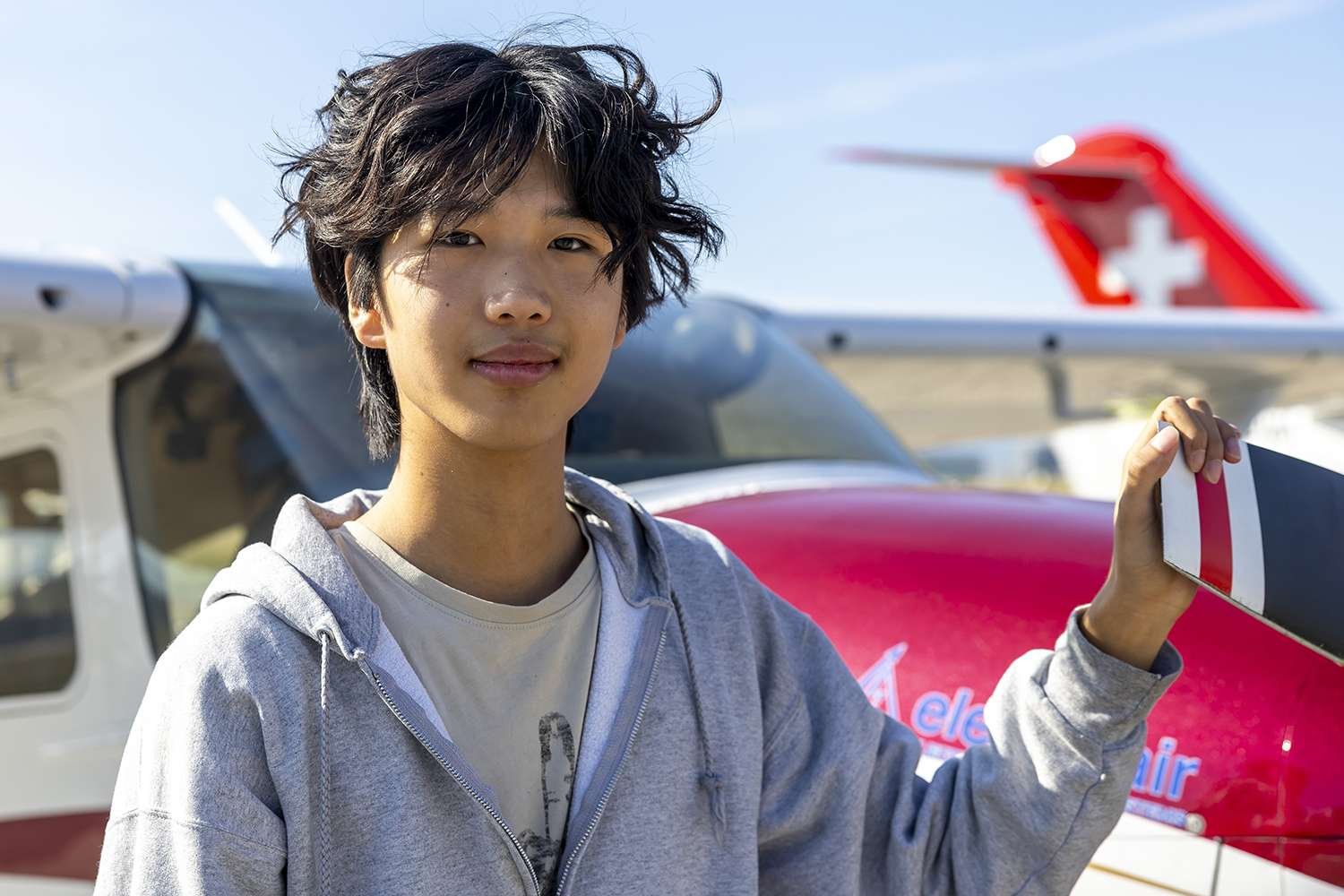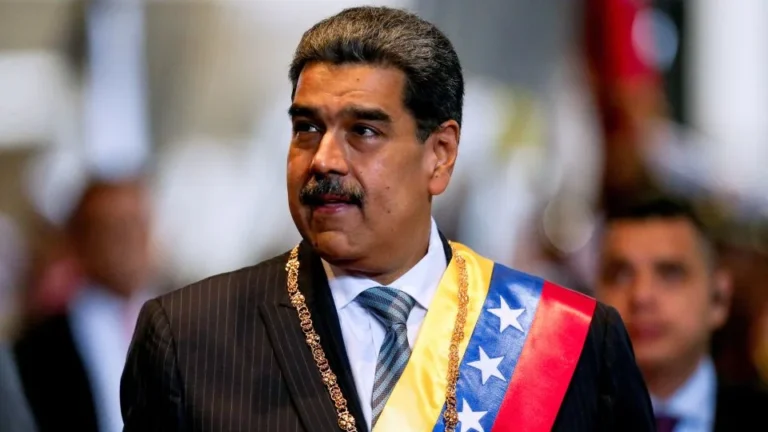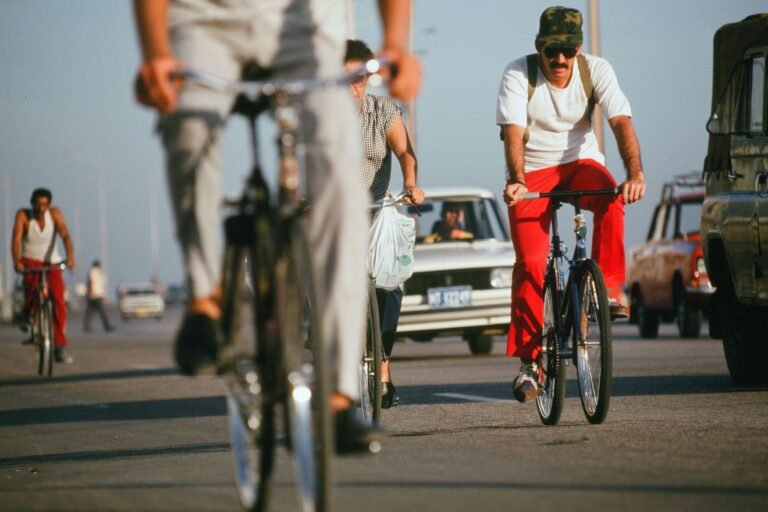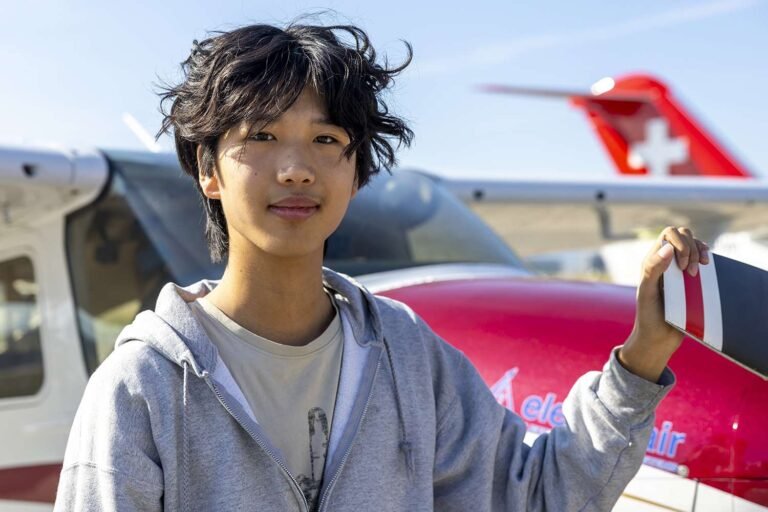
A Dream Takes Flight
Ethan Guo, a 20-year-old American pilot and social media influencer, set out in September 2024 to become the youngest person to fly solo to all seven continents, raising funds for childhood cancer research. His journey, documented to over a million Instagram followers, was a blend of adventure and altruism. But in June 2025, his ambitious quest took a dramatic turn when he landed his Cessna 182Q on a remote Antarctic island, sparking a legal saga that left him stranded for over two months.
The Unauthorized Landing
What Happened on June 28, 2025?
Ethan Guo took off from Carlos Ibáñez del Campo Airport in Punta Arenas, Chile, intending to fly to Ushuaia, Argentina. Instead, he diverted to King George Island, a Chilean-claimed territory in Antarctica, landing without permission. Chilean authorities accused him of submitting a false flight plan, alleging he violated multiple national and international regulations.
Why Did Guo Land in Antarctica?
Guo’s legal team argued that instrument failures and icy conditions forced him to divert to Antarctica to avoid crashing. They claimed he had permission from air traffic control to land at the Presidente Eduardo Frei Montalva Base, supported by audio recordings. However, prosecutors insisted the authorization was granted only to prevent a crash, not for a planned landing.
The Aftermath of the Landing
Upon landing, Guo was detained at the Chilean military base, surrounded by fire trucks and officials in black suits. Unable to leave due to harsh winter conditions and barred from flying his plane, he faced isolation, spotty Wi-Fi, and a diet of beans and pasta. His health reportedly deteriorated, losing 20 pounds during his detention.
The Legal Battle
Chilean Prosecutors’ Case
Chilean prosecutor Cristián Crisosto argued that Guo’s actions endangered public safety by deviating from his approved flight plan. The Cessna 182Q, registered as N182WT, lacked sufficient fuel, updated life rafts, and an anti-icing system, making it unfit for the journey back to Punta Arenas. Guo faced charges of providing false information and unauthorized landing.
Guo’s Defense
Guo’s attorneys, including Karina Ulloa and Jaime Barrientos Ramírez, called the accusations “unfounded,” citing bureaucratic confusion over flight permissions. They argued that Guo was conducting an exploratory flight and faced mechanical issues, forcing an emergency landing. Guo maintained his plane was airworthy and expressed hope to continue his mission.
The Court’s Decision
On August 11, 2025, a Chilean judge approved a deal to suspend proceedings against Guo. He was ordered to donate $30,000 to Fundación Nuestros Hijos, a children’s cancer foundation, within 30 days, leave Chile, and face a three-year ban from reentering Chilean territory. Failure to comply would void the agreement, resuming legal proceedings.
Life on an Antarctic Base
A Lonely Existence
Guo described his time at the Chilean air base as “isolating and lonely.” Confined to a single room with limited outdoor access, he relied on unreliable Wi-Fi to connect with family. The harsh Antarctic winter, with temperatures around -25°C, made leaving the island nearly impossible until commercial flights resumed in October.
Small Acts of Kindness
Despite the challenges, Guo found moments of warmth. On his 20th birthday, his Chilean hosts gifted him chocolate and a makeshift cake, a gesture that touched him deeply. “I’m really grateful for it,” he told The New York Times, highlighting the human connections that sustained him during his ordeal.
The Cost of Detention
Chilean authorities required Guo to cover “aircraft security and personal maintenance” costs, estimated at $600 per day. These expenses, combined with the $30,000 donation, added a significant financial burden to his already complex situation. Guo’s legal team worked tirelessly to secure his release while navigating these costs.
The Broader Context of Antarctic Aviation
Why Is Flying to Antarctica So Restricted?
Antarctica’s unique environmental and geopolitical status makes aviation tightly regulated. Flights require prior permission due to safety and ecological concerns, especially in winter when conditions are treacherous. Guo’s unauthorized landing highlighted the risks of navigating the Drake Passage, a notorious stretch of water known for rough weather.
Key Regulations for Antarctic Flights
- Prior Authorization: Pilots must submit detailed flight plans and obtain clearance from relevant authorities.
- Safety Equipment: Aircraft need updated life rafts, life vests, and anti-icing systems for Antarctic conditions.
- Environmental Protections: Strict rules prevent ecological damage to Antarctica’s pristine environment.
- Territorial Claims: Chile, among other nations, enforces regulations to maintain its claim over parts of Antarctica.
Comparison: Antarctic vs. Standard Aviation
| Aspect | Antarctic Aviation | Standard Aviation |
|---|---|---|
| Authorization | Strict, requires prior permission | Flexible, standard flight plans |
| Weather Challenges | Extreme, with winter temperatures | Varies, generally less severe |
| Safety Equipment | Mandatory anti-icing, survival gear | Basic requirements, less stringent |
| Geopolitical Issues | Territorial claims complicate access | Minimal geopolitical restrictions |
The Human Side of Guo’s Story
A Teen’s Ambitious Dream
Guo’s journey wasn’t just about setting records; it was deeply personal. Inspired by his cousin’s cancer diagnosis, he aimed to raise $1 million for St. Jude Children’s Research Hospital, visiting child cancer patients across six continents. His Instagram posts, filled with hospital visits and cockpit views, resonated with followers, making his Antarctic detour all the more shocking.
The Emotional Toll
Imagine being 20, far from home, detained in a frozen outpost with no clear way out. Guo’s story tugs at the heartstrings, blending youthful ambition with the harsh realities of international law. His resilience, coupled with moments of humor—like learning Spanish swear words from his hosts—paints a picture of a young man refusing to be defined by his misstep.
A Community’s Response
On platforms like Reddit, opinions on Guo’s case were polarized. Some praised his daring, with one user noting, “Technically, he’s completed the record of solo flying all seven continents.” Others criticized his recklessness, arguing that ignoring regulations endangered lives. This divide reflects broader debates about adventure versus responsibility in the influencer era.
Pros and Cons of Guo’s Antarctic Adventure
Pros
- Raised Awareness: Guo’s journey brought attention to childhood cancer research, even amidst controversy.
- Record Achievement: He technically landed on all seven continents, a feat few accomplish.
- Resilience: Guo’s ability to endure detention and negotiate a deal showcases personal strength.
Cons
- Legal Risks: Violating international aviation laws led to detention and financial penalties.
- Safety Concerns: Unauthorized flights in Antarctica endanger the pilot and others.
- Reputation Damage: The incident may impact Guo’s future travel and pilot licensing prospects.
People Also Ask (PAA)
Why Was Ethan Guo Detained in Antarctica?
Guo was detained for landing his Cessna 182Q on King George Island without permission, after allegedly submitting a false flight plan. Chilean authorities claimed he violated airspace regulations, while Guo’s team argued he faced mechanical issues, necessitating an emergency landing.
What Was the Deal Guo Made with Chilean Authorities?
On August 11, 2025, a Chilean judge suspended proceedings against Guo, requiring him to donate $30,000 to a children’s cancer foundation, leave Chile, and accept a three-year ban from Chilean territory. He also had to cover maintenance costs for his stay.
How Did Guo Survive in Antarctica?
Guo stayed at the Presidente Eduardo Frei Montalva Base, living in a barracks room with limited amenities. He endured harsh winter conditions, a basic diet, and isolation, with his health declining, but received small gestures of kindness from his hosts.
Can Anyone Fly to Antarctica?
Flying to Antarctica requires strict authorization, specialized equipment, and adherence to environmental regulations. Private pilots face significant hurdles due to the continent’s extreme conditions and geopolitical sensitivities, as Guo’s case illustrates.
The Global Implications
Antarctica’s Geopolitical Landscape
Chile’s territorial claim over parts of Antarctica, including King George Island, adds complexity to Guo’s case. The nation enforces strict aviation rules to assert its sovereignty, a tactic mirrored by other countries like Argentina. Some Reddit users noted Chile’s historical efforts to strengthen claims, such as sending pregnant women to give birth in Antarctica.
The Risks of Influencer Stunts
Guo’s story raises questions about the intersection of social media fame and high-risk adventures. While his goal was noble, the unauthorized landing sparked debates about whether influencers prioritize clout over safety. “This isn’t just flying a plane—it’s ignoring regulations,” one Reddit user commented, capturing the tension between ambition and responsibility.
Lessons for Aspiring Pilots
Guo’s ordeal underscores the importance of meticulous planning and compliance in aviation, especially in sensitive regions like Antarctica. Aspiring pilots can learn from his experience by prioritizing safety, securing permits, and preparing for extreme conditions, ensuring their dreams don’t crash into legal or logistical nightmares.
How to Stay Informed on Aviation and Travel News
Where to Get Reliable Information
- News Outlets: Follow CNN or BBC News for updates on aviation incidents and international travel.
- Aviation Authorities: Check FAA.gov or Chile’s DGAC for regulatory insights.
- NGOs and Blogs: Sites like FlightSafety.org offer tips for pilots and travelers.
Best Tools for Tracking Aviation News
- Google Alerts: Set up alerts for “aviation regulations” or “Antarctic travel” to stay updated.
- Flight Tracking Apps: Use Flightradar24 to monitor global air traffic and learn about flight paths.
- Social Media: Follow aviation influencers or organizations like @FAANews for real-time updates, but verify information for accuracy.
Comparison: Guo’s Case vs. Other Aviation Incidents
| Incident | Ethan Guo’s Case | Other Notable Cases |
|---|---|---|
| Location | Antarctica (King George Island) | Varies (e.g., Hudson River, 2009) |
| Issue | Unauthorized landing, false flight plan | Mechanical failure, pilot error |
| Outcome | Legal deal, $30,000 donation | Varies (rescue, fines, or crashes) |
| Public Reaction | Mixed, debates on responsibility | Often sympathetic or critical |
FAQ
What Was Ethan Guo Trying to Achieve?
Guo aimed to become the youngest person to fly solo to all seven continents while raising $1 million for childhood cancer research. His journey, started in September 2024, included visits to hospitals across six continents before his Antarctic landing.
Why Was Guo’s Plane Grounded?
Chilean authorities grounded Guo’s Cessna 182Q due to expired life rafts, lack of an anti-icing system, and insufficient fuel for the return to Punta Arenas. These safety concerns prevented him from flying the plane off the island.
How Did Guo’s Health Fare in Antarctica?
Guo lost 20 pounds and reported deteriorating health due to limited food and isolation at the Chilean base. The harsh winter conditions and confinement took a toll, though he remained optimistic about his release.
What Are the Rules for Flying to Antarctica?
Pilots must secure prior authorization, equip aircraft with survival gear, and comply with environmental regulations. Antarctica’s extreme weather and territorial claims make unauthorized flights highly risky and strictly prohibited.
Where Can I Learn More About Aviation Safety?
Visit FAA.gov for US aviation regulations, FlightSafety.org for safety tips, or follow news outlets like CNN for updates on incidents like Guo’s.
A Story of Ambition and Redemption
Ethan Guo’s Antarctic misadventure is a tale of youthful ambition meeting the harsh realities of international law. From his noble goal to raise funds for cancer research to his detention in a frozen outpost, Guo’s journey captivates and cautions. His deal to leave Chile—marked by a $30,000 donation and a three-year ban—closes one chapter but leaves us pondering: How do we balance daring dreams with the rules that keep us safe? Guo’s story, shared with a million followers, reminds us that even in the coldest corners of the world, human resilience and kindness can shine through. Let’s keep following these stories, not just for the adventure, but for the lessons they teach us about courage, responsibility, and the pursuit of purpose.
Sources: CNN, BBC News, The New York Times, USA Today




